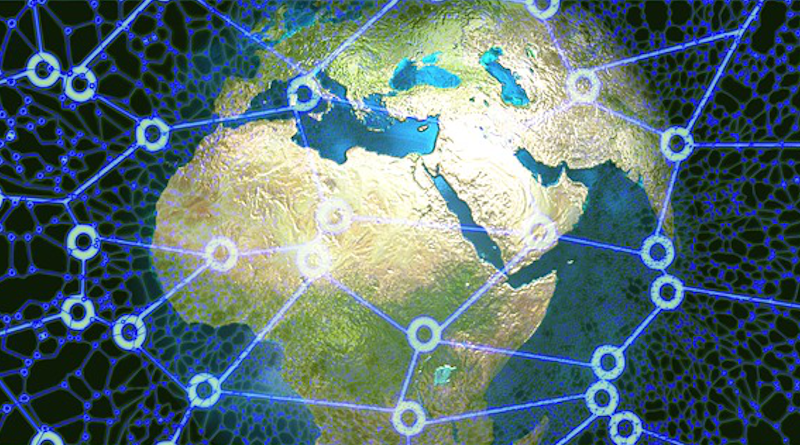Google Eyes Expanding Operations Into Africa
As the African Continental Free Trade Area (AfCFTA), the new initiative that places emphasis on intra-African trade – including free movement of goods, capital and people – foreign players have accordingly raising eyes on using the new opportunity to expand their operations in Africa.
Foreign enterprises are gearing up to localize production in industrial hubs and distribute their products across the borderless territory considered as a single market in Africa. Thus, by its description, Africa’s estimated population of 1.3 billion presents itself a huge market – from baby products through automobiles and to anything consumable.
Google LLC, the U.S. Global Technology Gaint, has primarily set its eyes on business, with a comprehensive plan to expand its operations into Africa. Google made known its plans to commit US$1 billion over the next five years in tech-led initiatives in Africa. It is investing this US$1 billion in Nigeria and African countries to support and transform the digital market over the next five years.
In its media release, Google said the investment would include landing a subsea cable into the continent to enable faster internet speeds, low-interest loans for small businesses, equity investments into African startups, skills training and many more directions determined in future. This is in a bid to enable fast, affordable internet access for more Africans, building helpful products, supporting entrepreneurship and small business, and helping nonprofits to improve lives across Africa.
Chief Executive Officer (CEO) of Google and Alphabet, Sundar Pichai, noted that the company was building global infrastructure to help bring faster internet to more people and lower connectivity costs. Through the Black Founders Fund, Google will invest in Black-led startups in Africa by providing cash awards and hands-on support. The developing world represents the best chance of growth for large internet companies, and today, one of the very biggest set out its strategy for how it plans to tackle that.
“We’ve made huge strides together over the past decade – but there’s more work to do to make the internet accessible, affordable and useful for every African. Today, I’m excited to reaffirm our commitment to the continent through an investment of US$1 billion over five years to support Africa’s digital transformation, to cover a range of initiatives from improved connectivity to investment in startups,” said Pichai.
According to Pichai, this is in addition to Google’s existing support through the Google for Startups Accelerator Africa, which has helped more than 80 African startups with equity-free finance, working space and access to expert advisors over the last three years.
The subsea cable is set to cut across South Africa, Namibia, Nigeria and St Helena, connecting Africa and Europe. According to Managing Director for Google in Africa, Nitin Gajria, it will provide approximately 20 times more network capacity than the last cable built to serve Africa. It is projected to create about 1.7 million jobs in Nigeria and South Africa by 2025 as the digital economy grows.
Google further announced the launch of the Africa Investment Fund, where it will invest US$50 million in start-ups across the continent providing them with access to Google’s employees, network, and technologies to help them build meaningful products for their communities. It will additionally disburse US$10 million in low-interest loans to small businesses in Nigeria, Ghana, Kenya and South Africa in order to alleviate hardships brought about by the Covid pandemic.
Google is bringing venture capital into the continent. The fund might work in a similar fashion as the Google for Startups Accelerator programme. Although Africa has a Big Four (Nigeria, Kenya, South Africa and Egypt) in terms of startup and venture capital activity on the continent, the accelerator has made sure to accept applications from startups in less-funded and overlooked regions. These countries include Algeria, Botswana, Cameroon, Ivory Coast, Ethiopia, Ghana, Morocco, Rwanda, Senegal, Tanzania, Tunisia, Uganda and Zimbabwe.
Founded in September 1998 by Larry Page and Sergey Brin, Google is considered as one of the Big Five information technology companies alongside Amazon, Apple, Facebook and Microsoft. Google specializes in internet cloud services, software and hardware as well as online advertising technologies.

